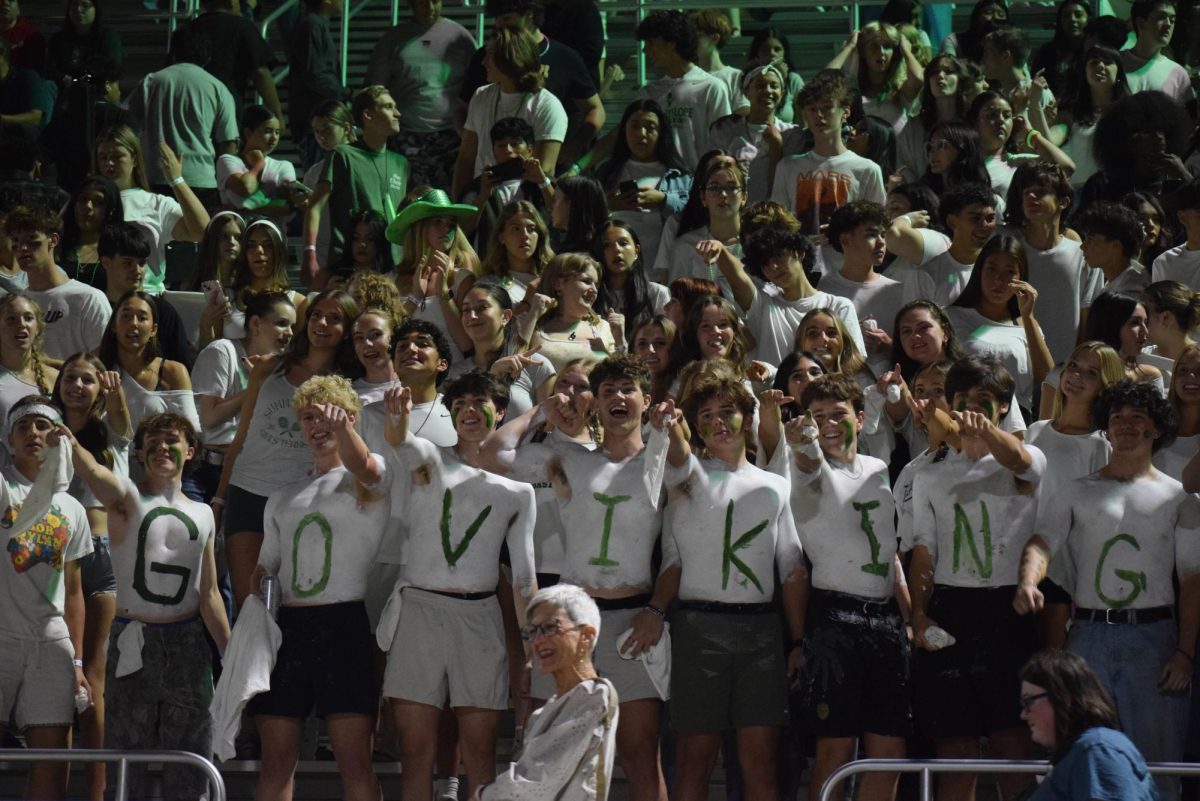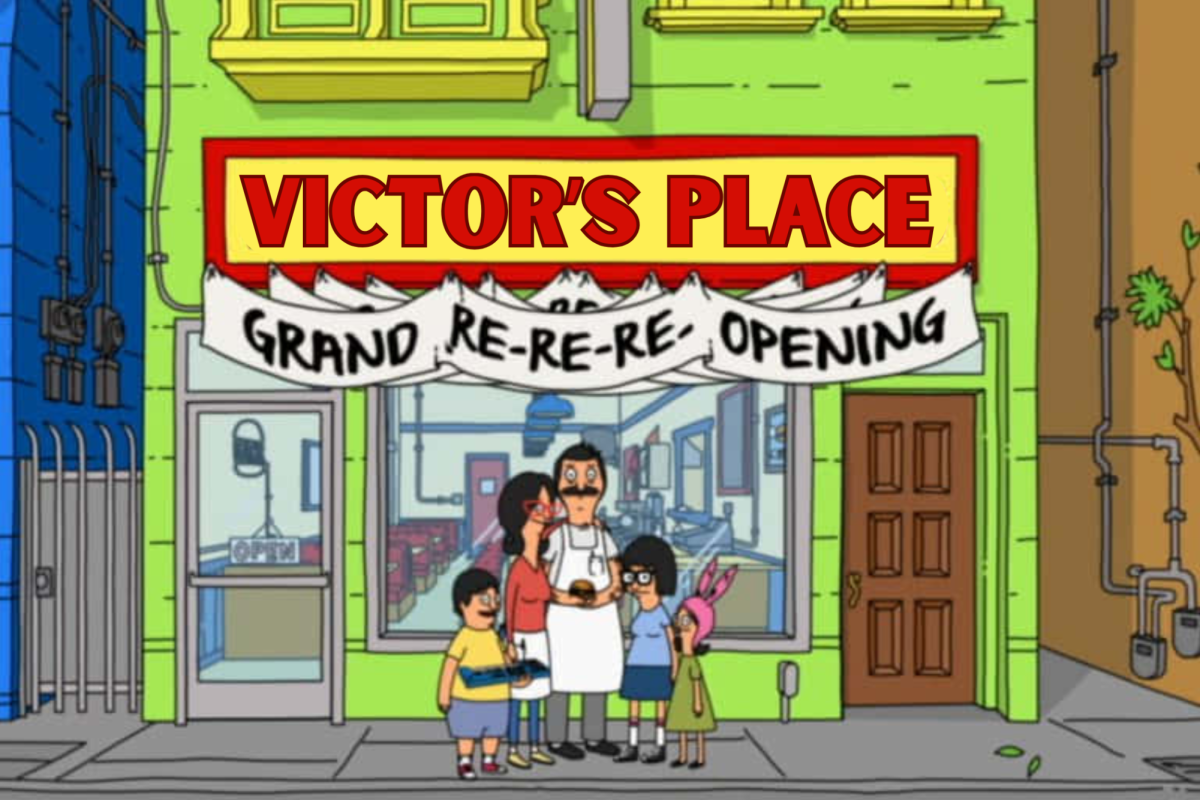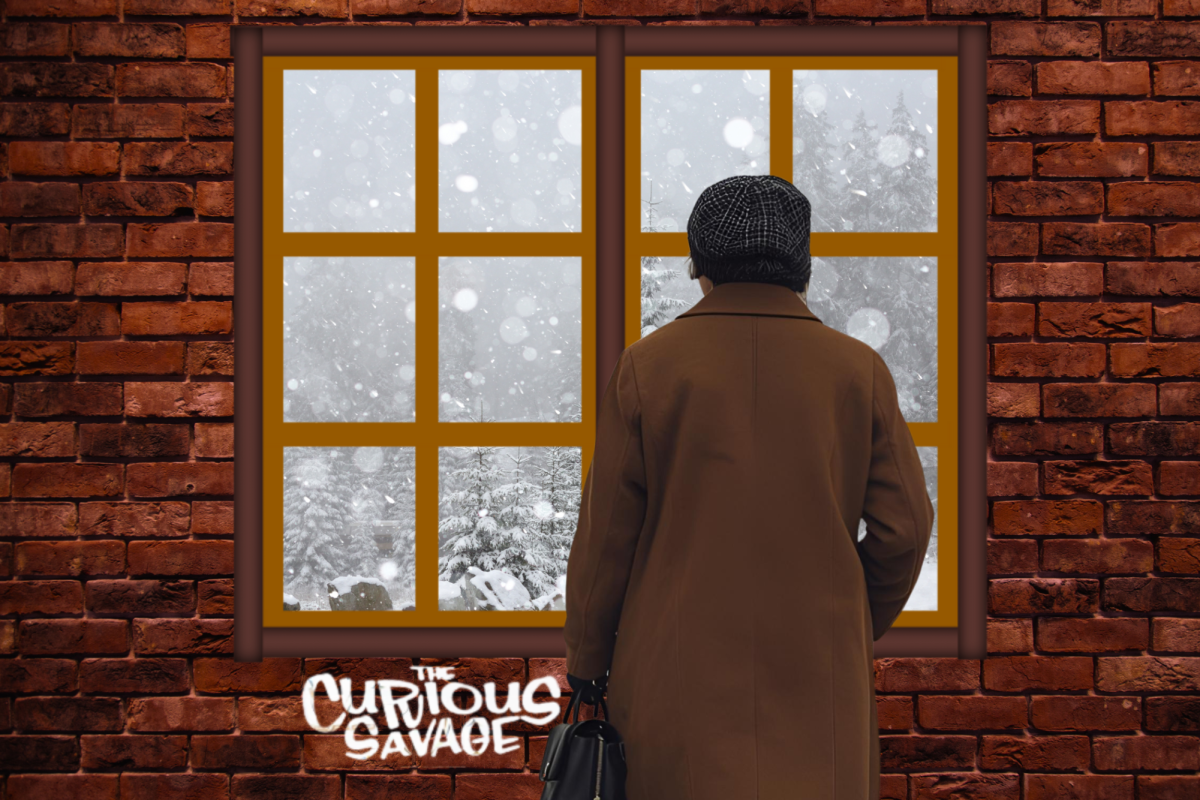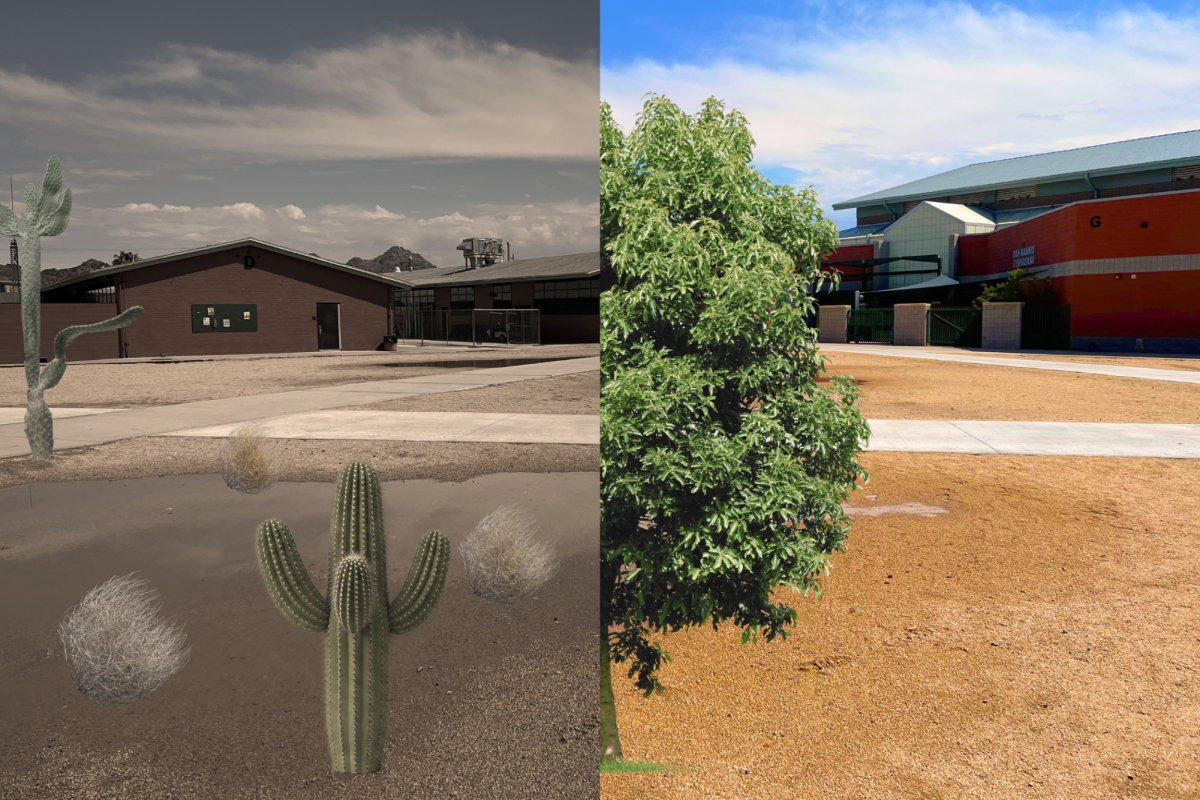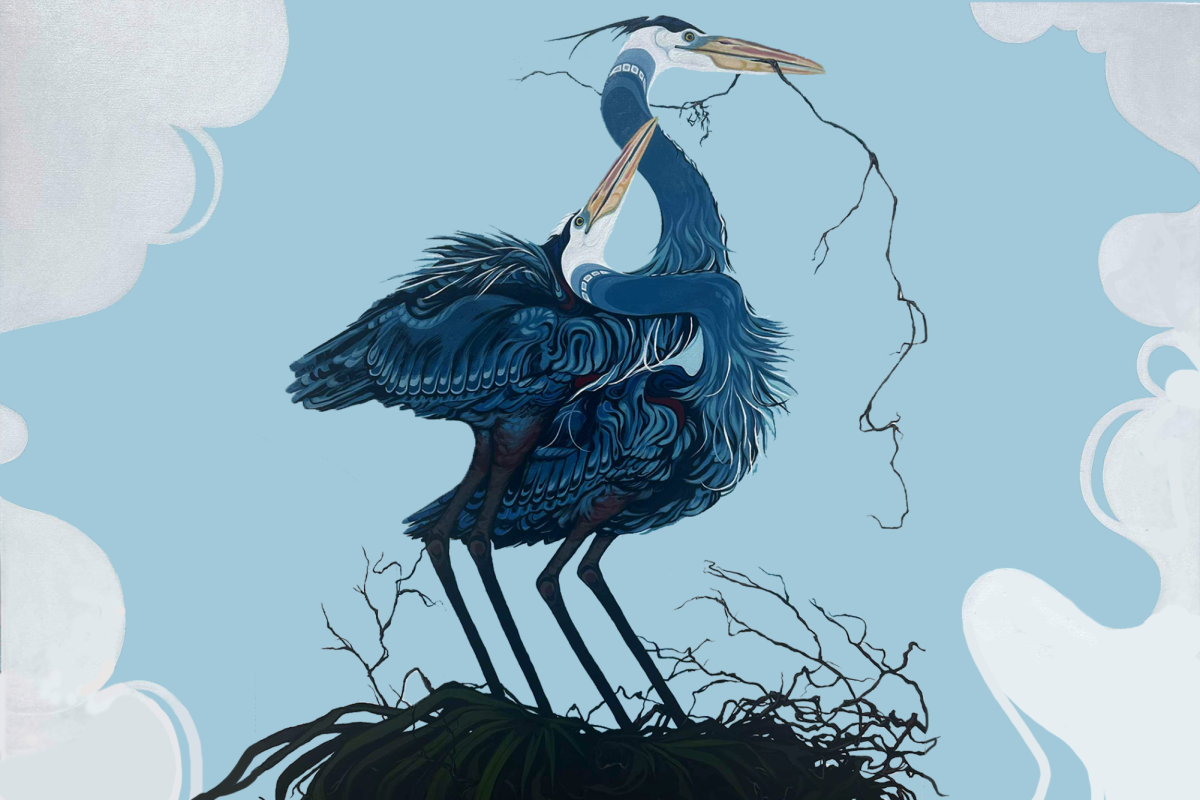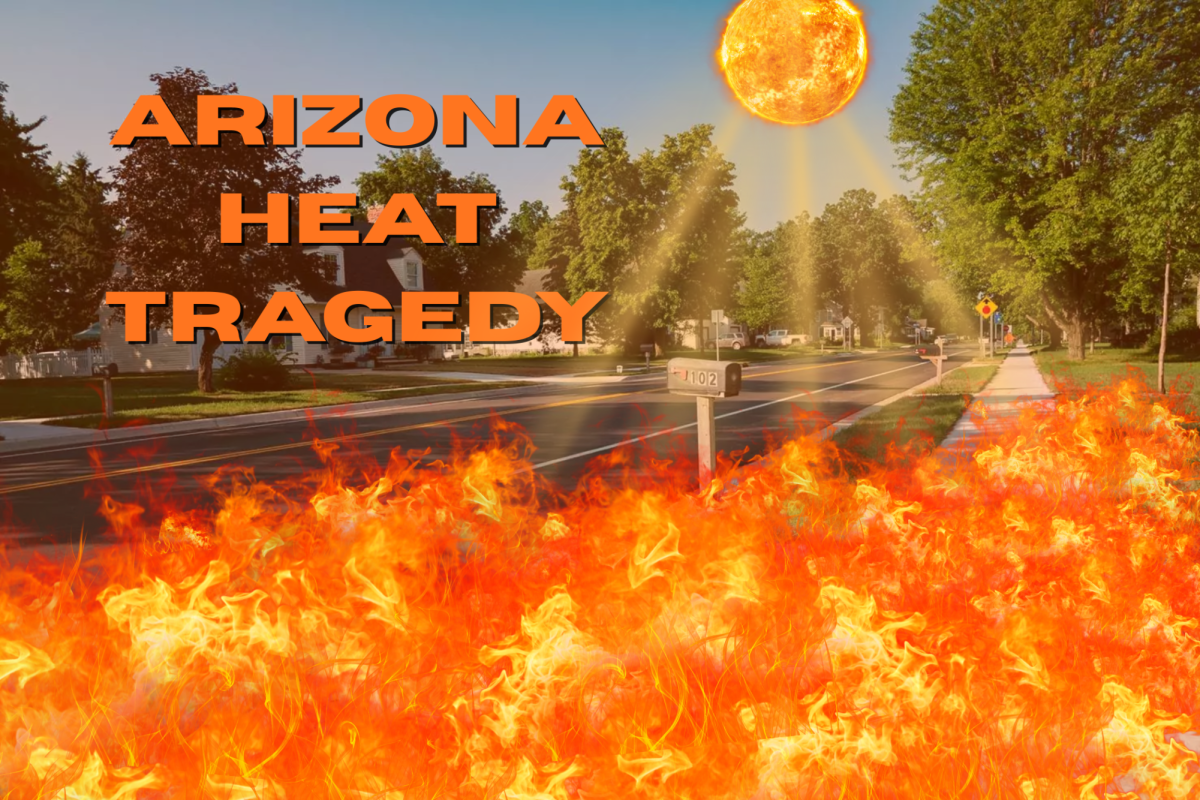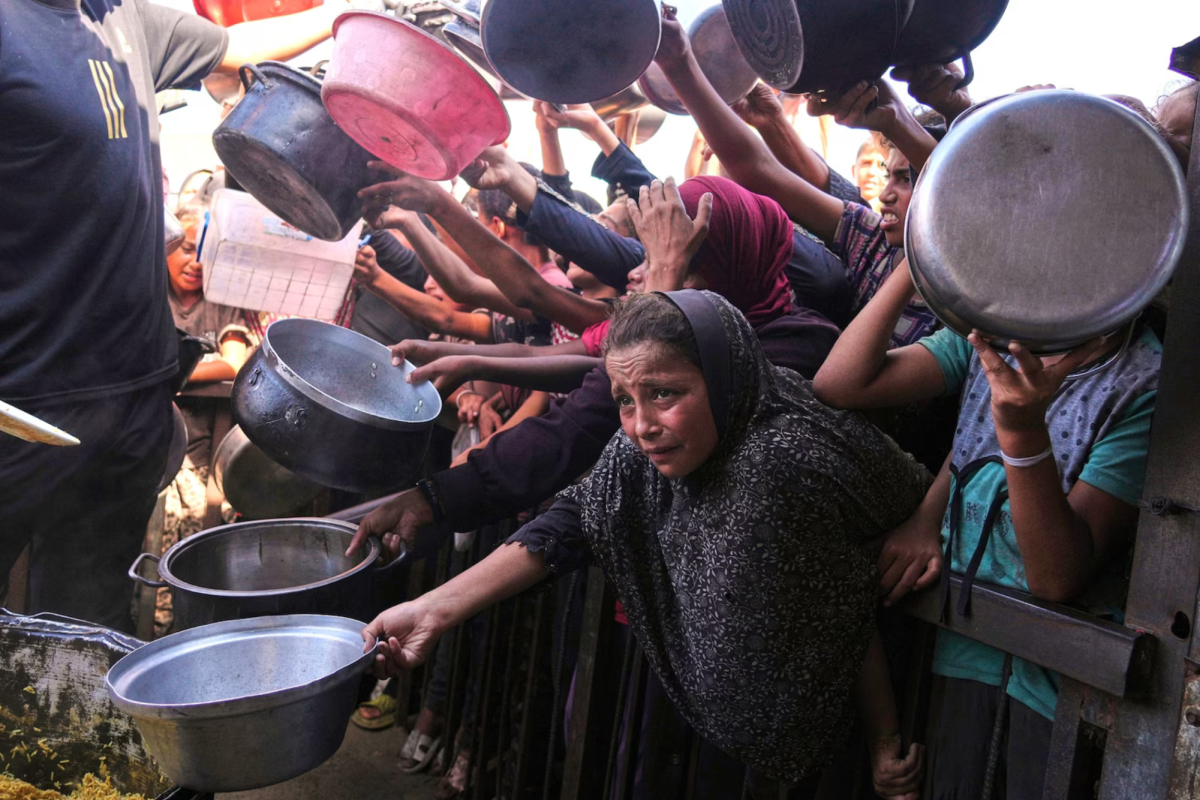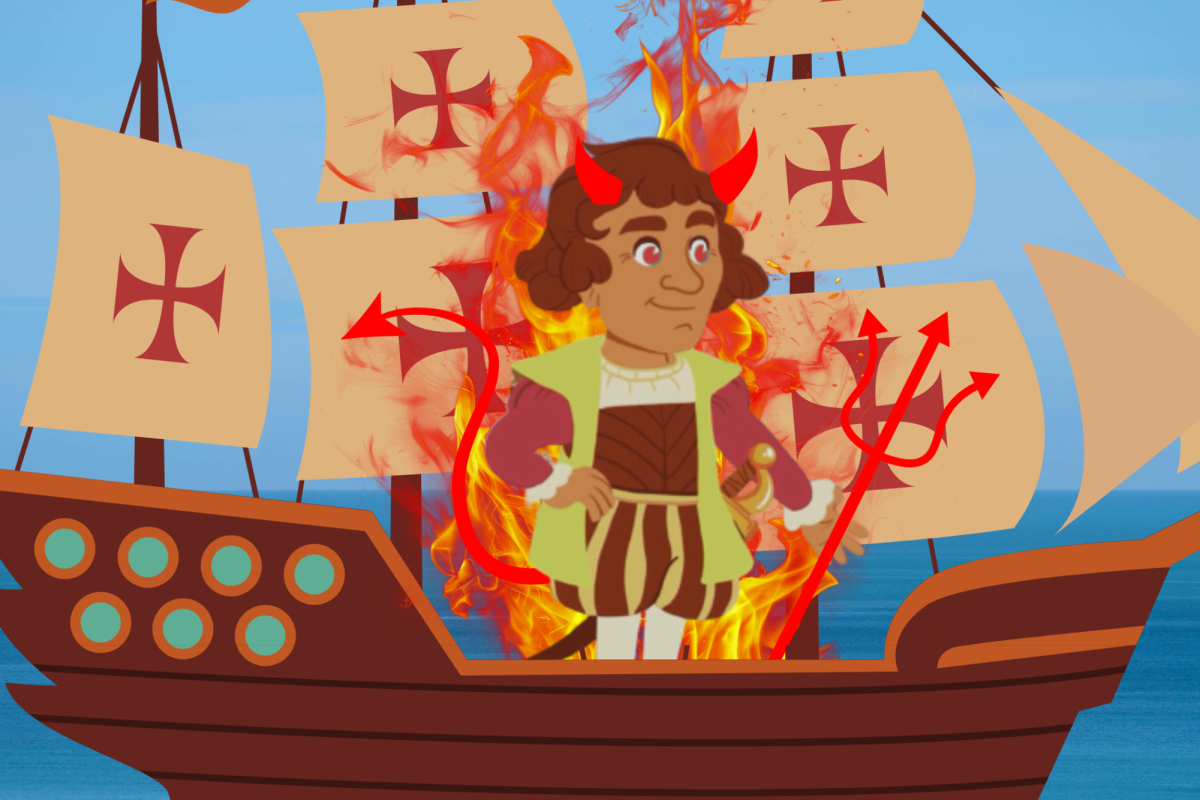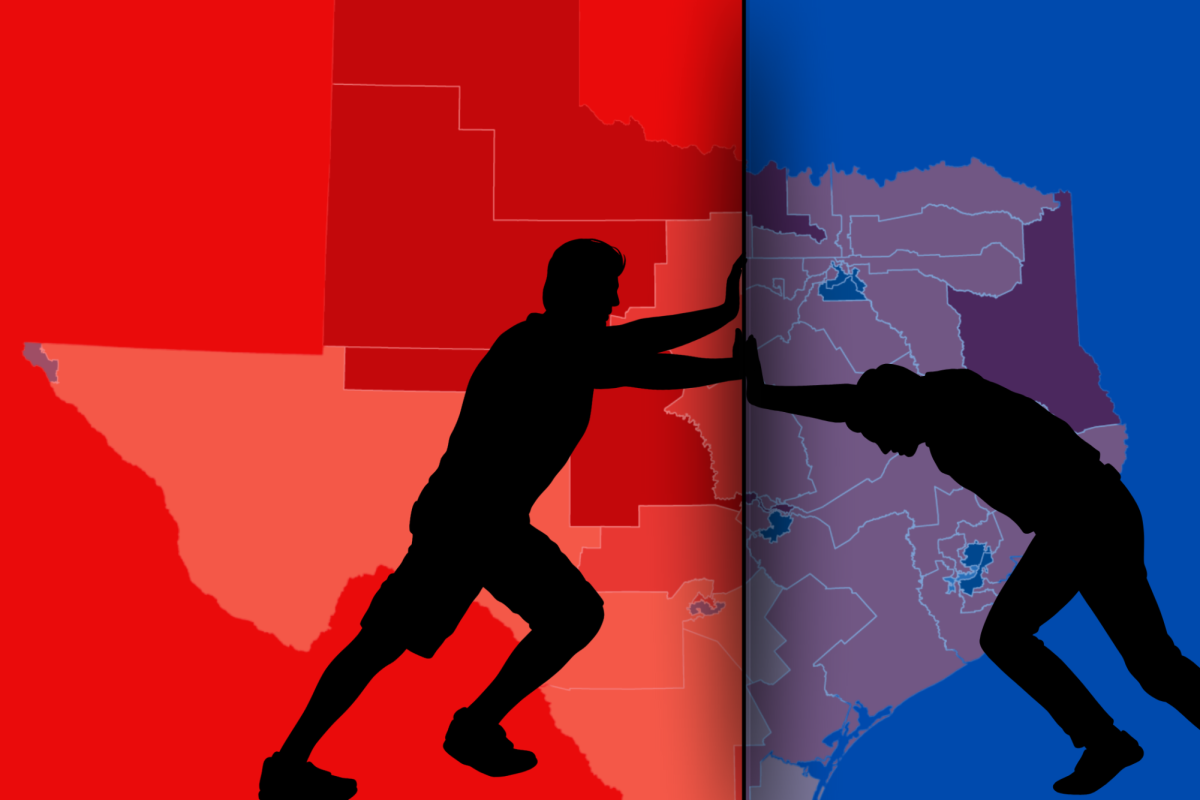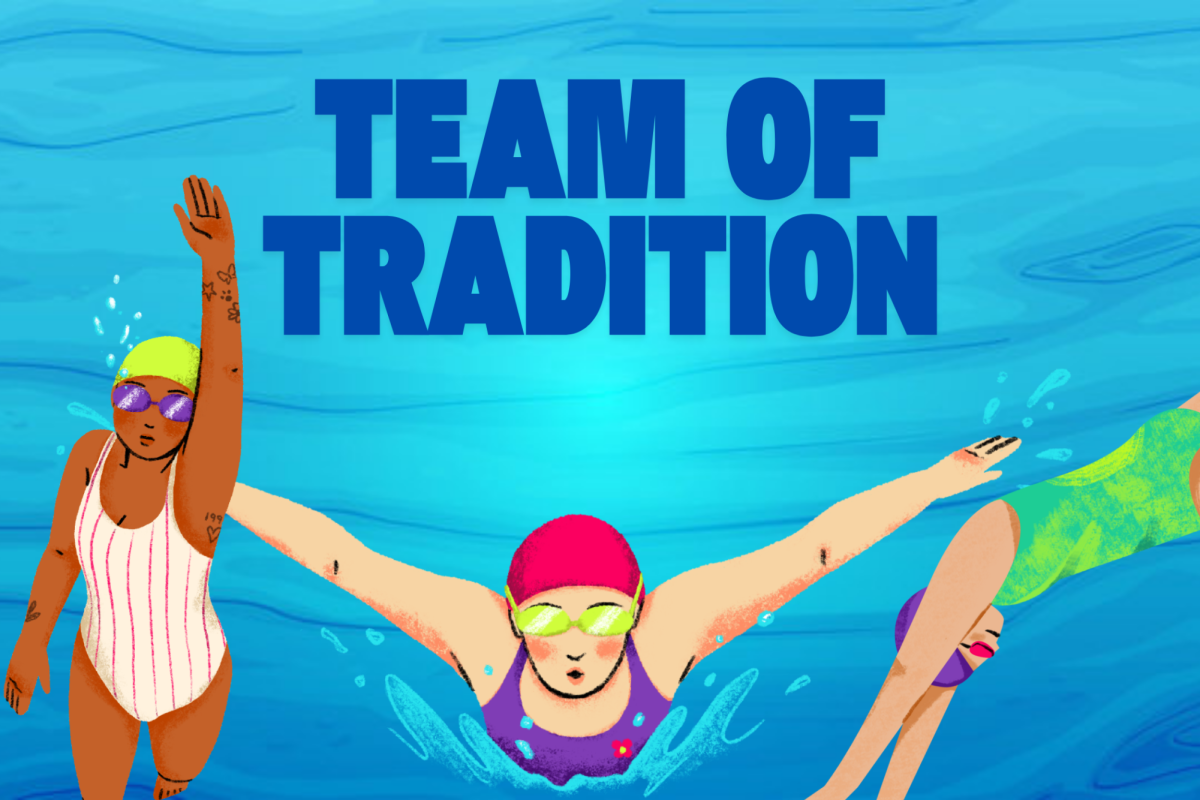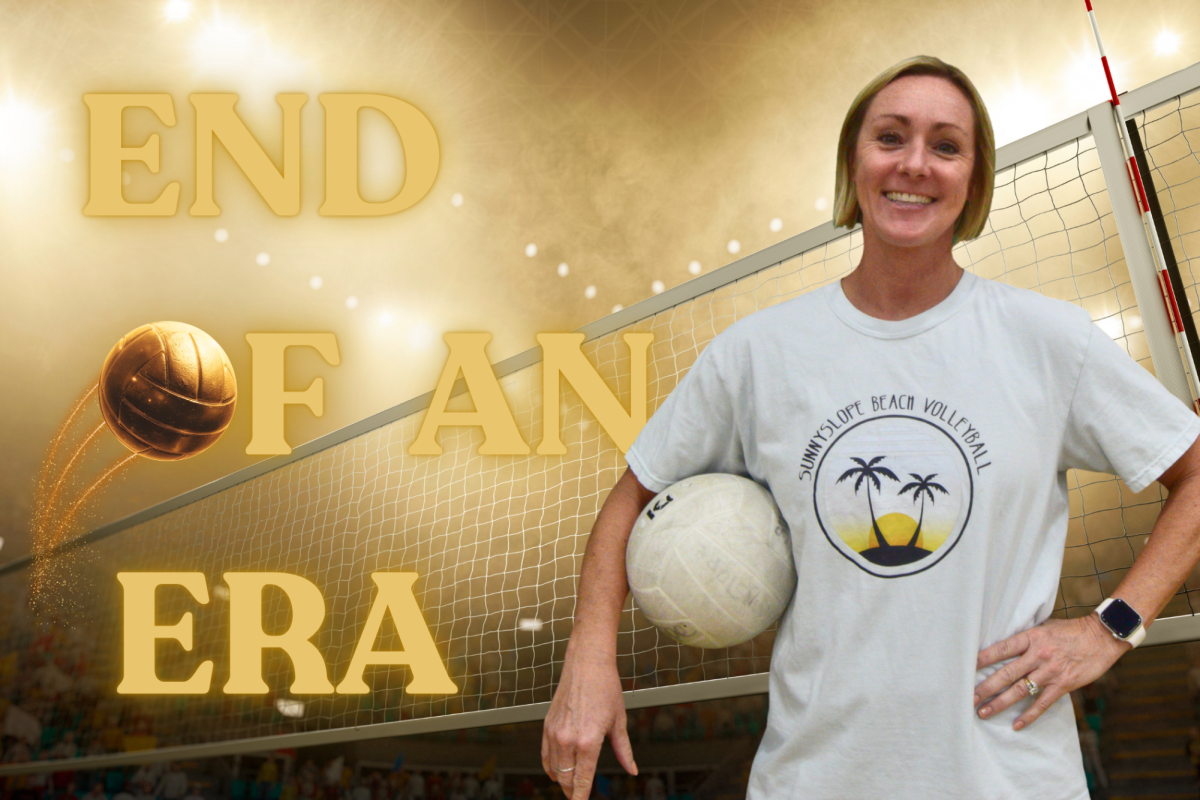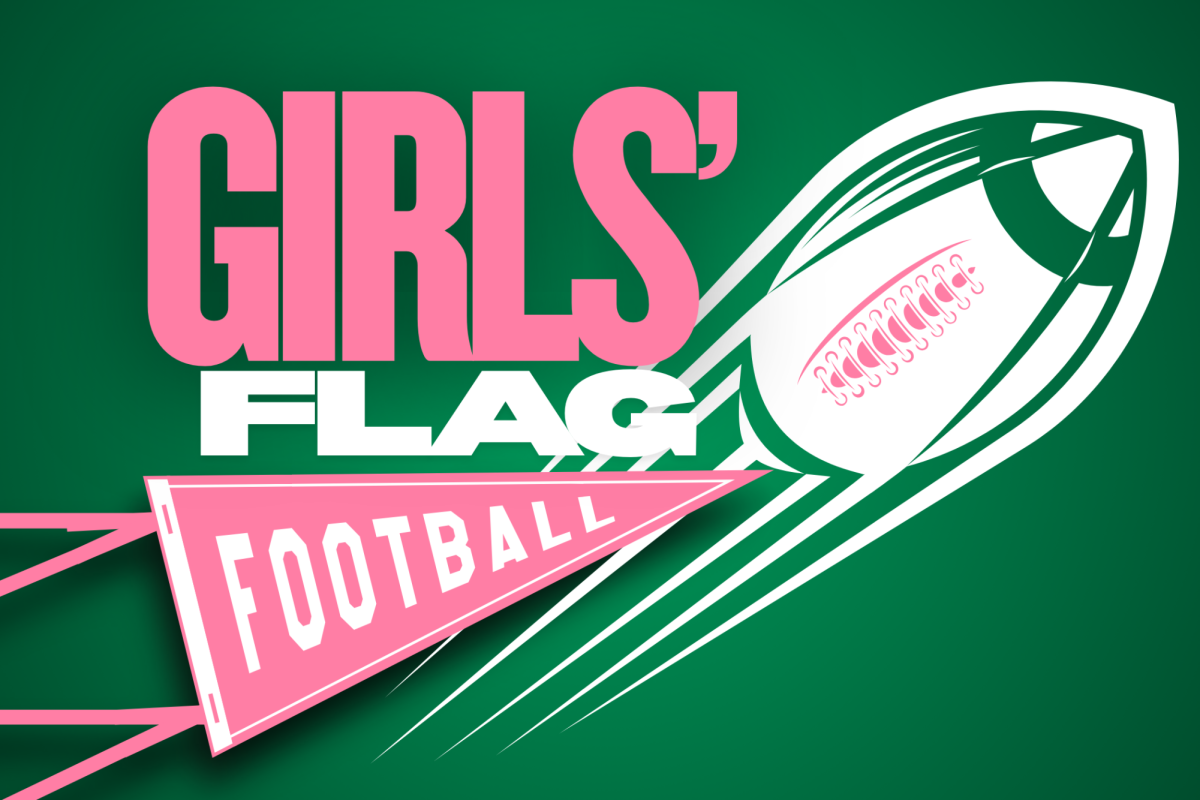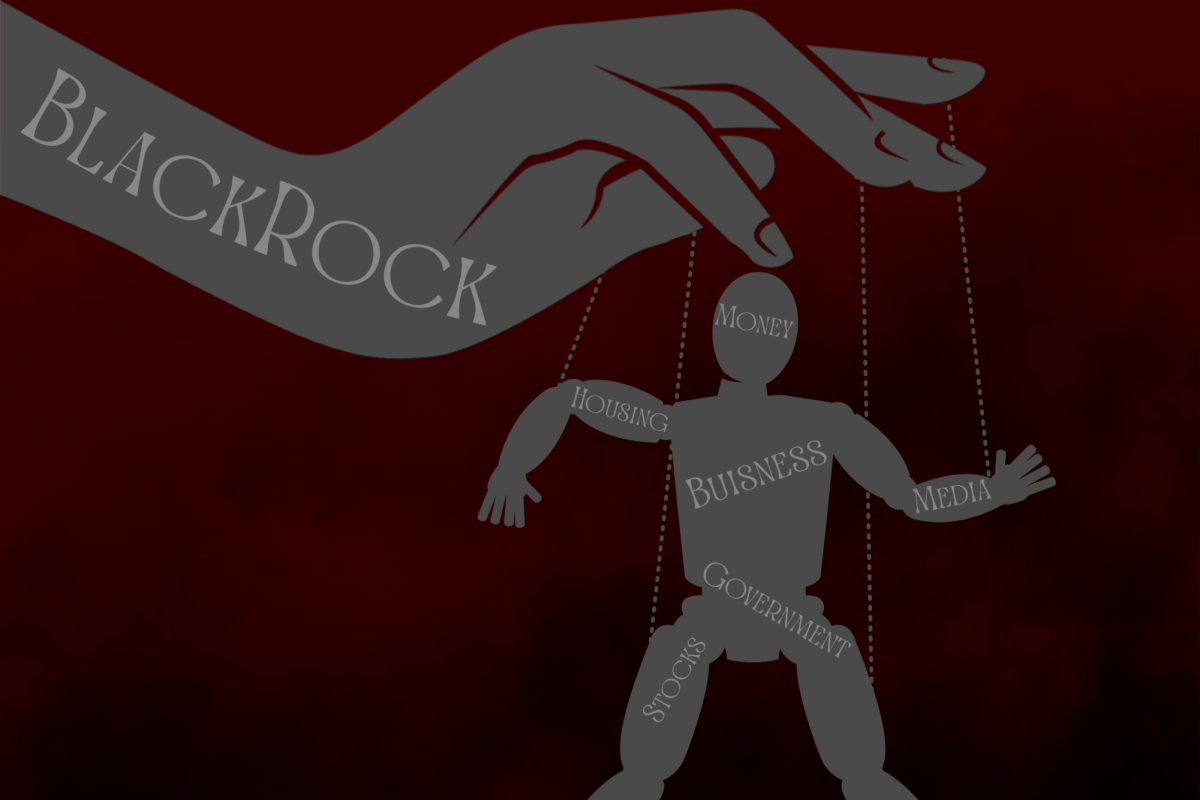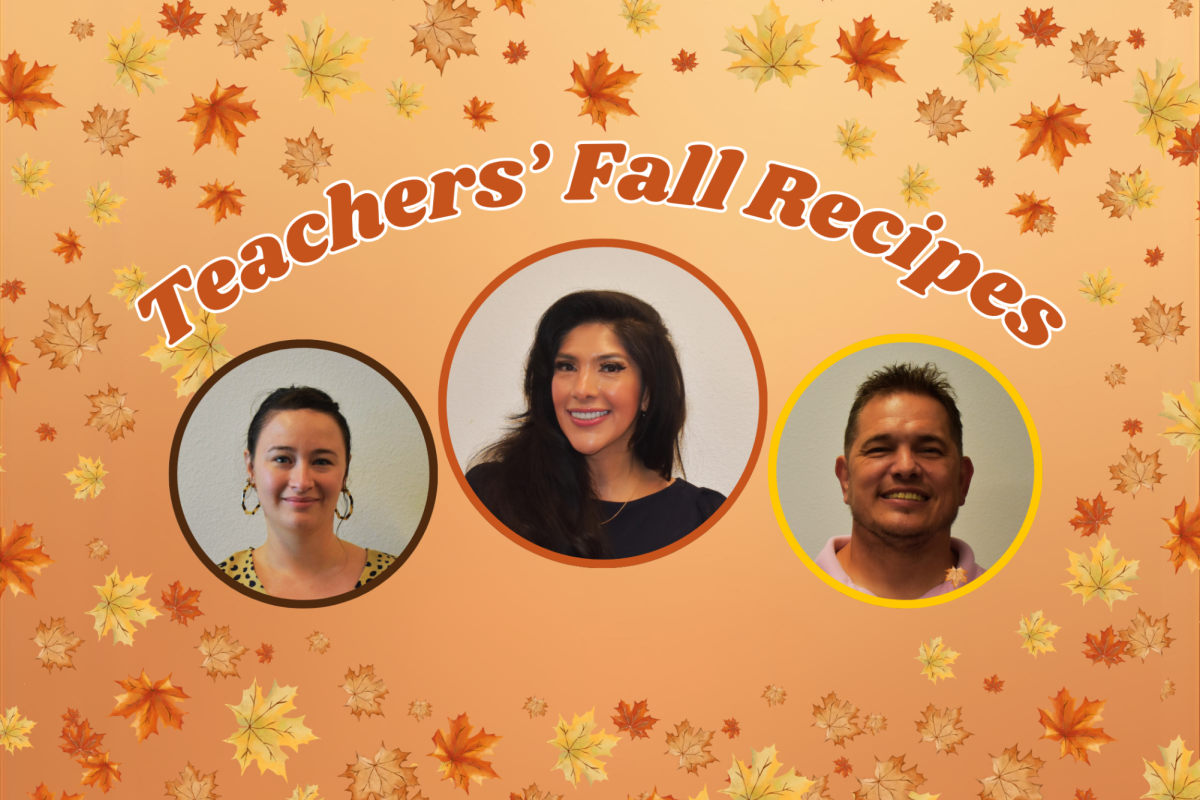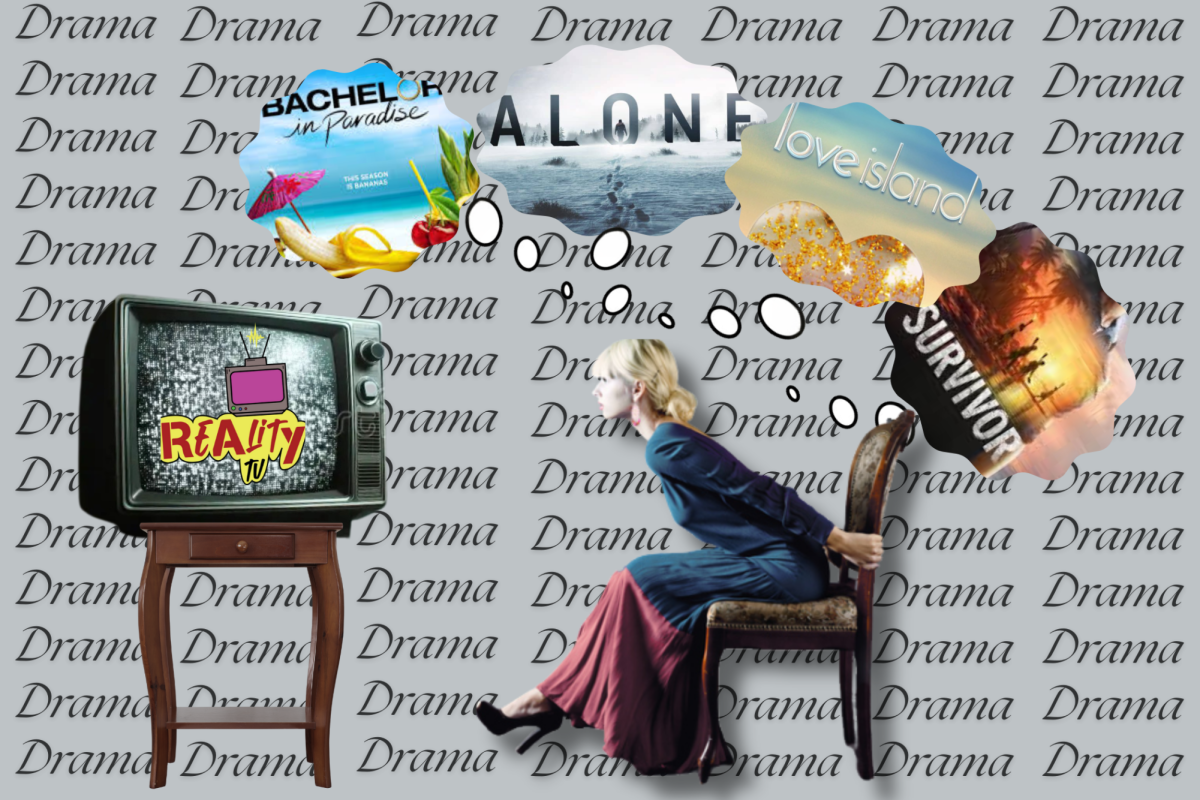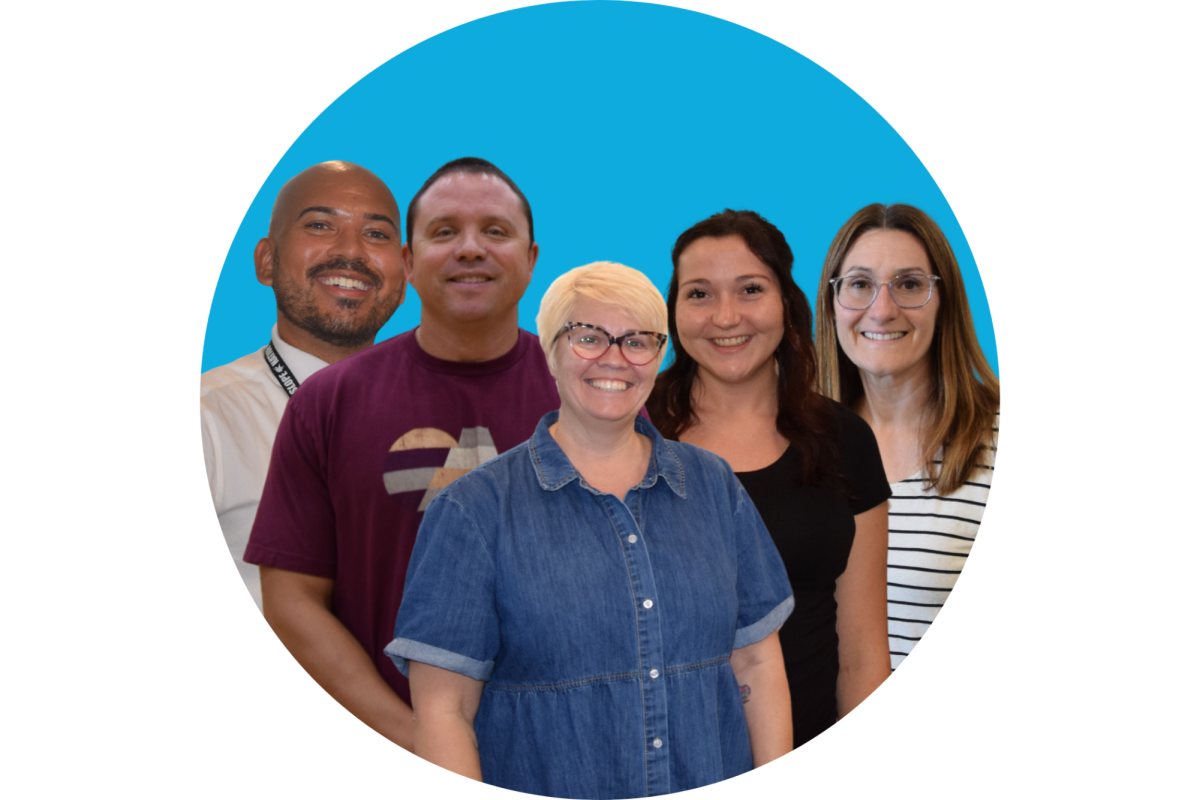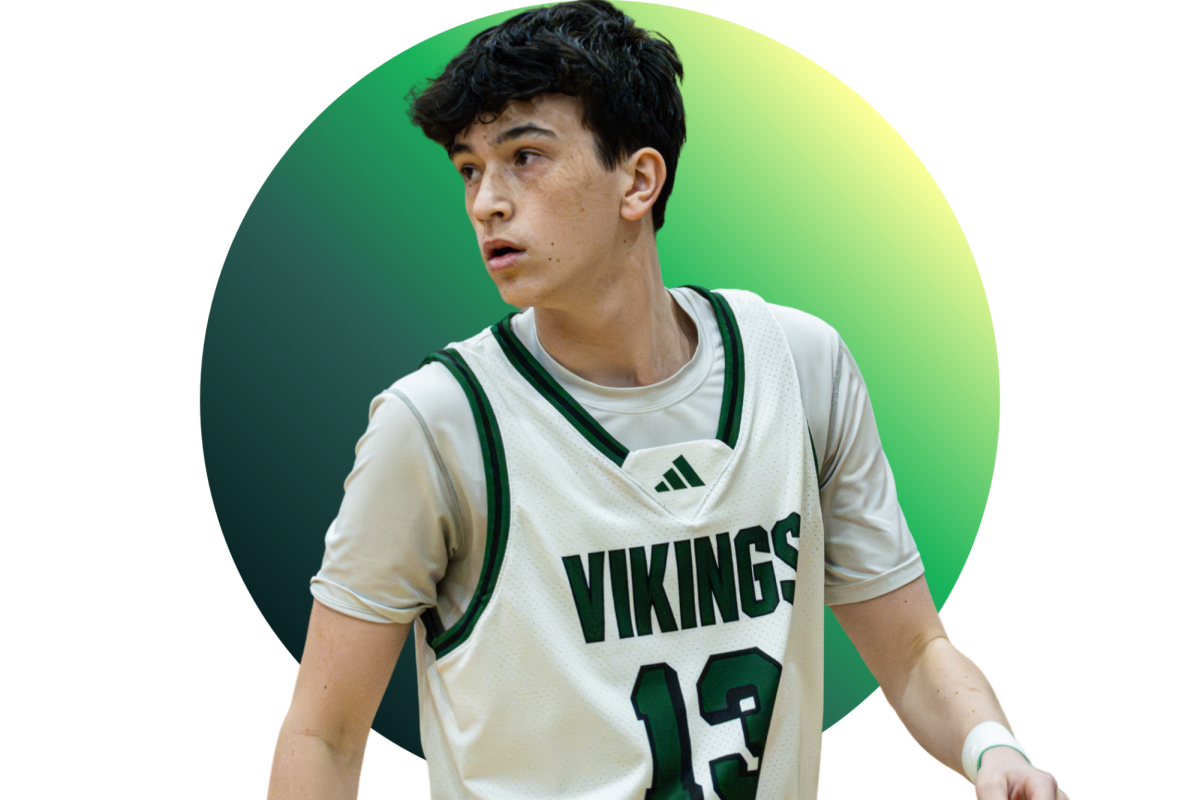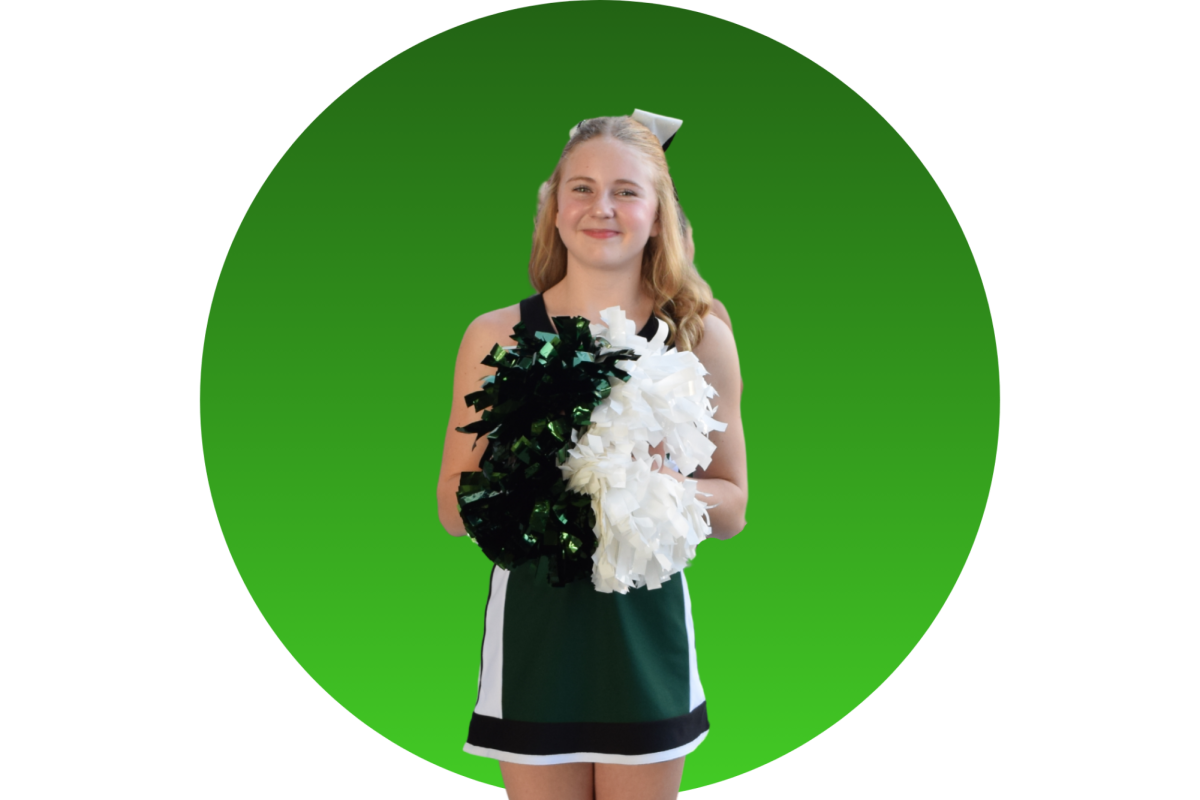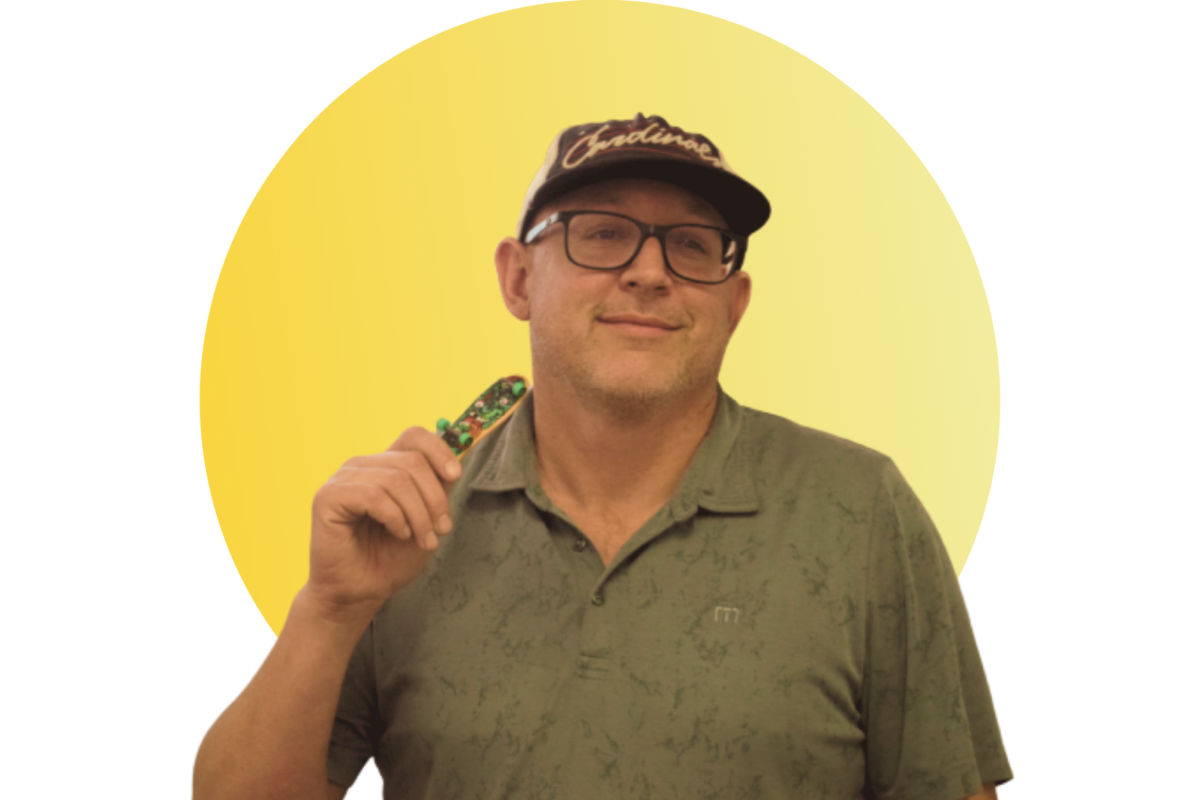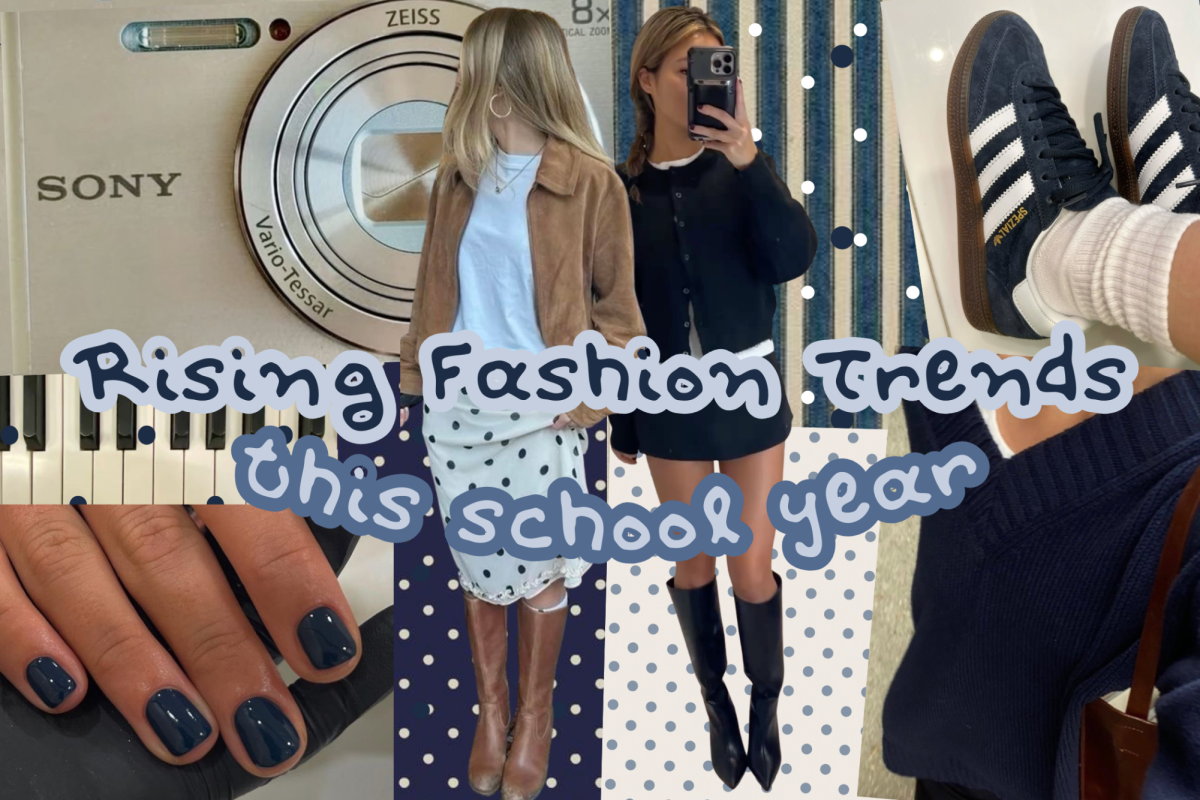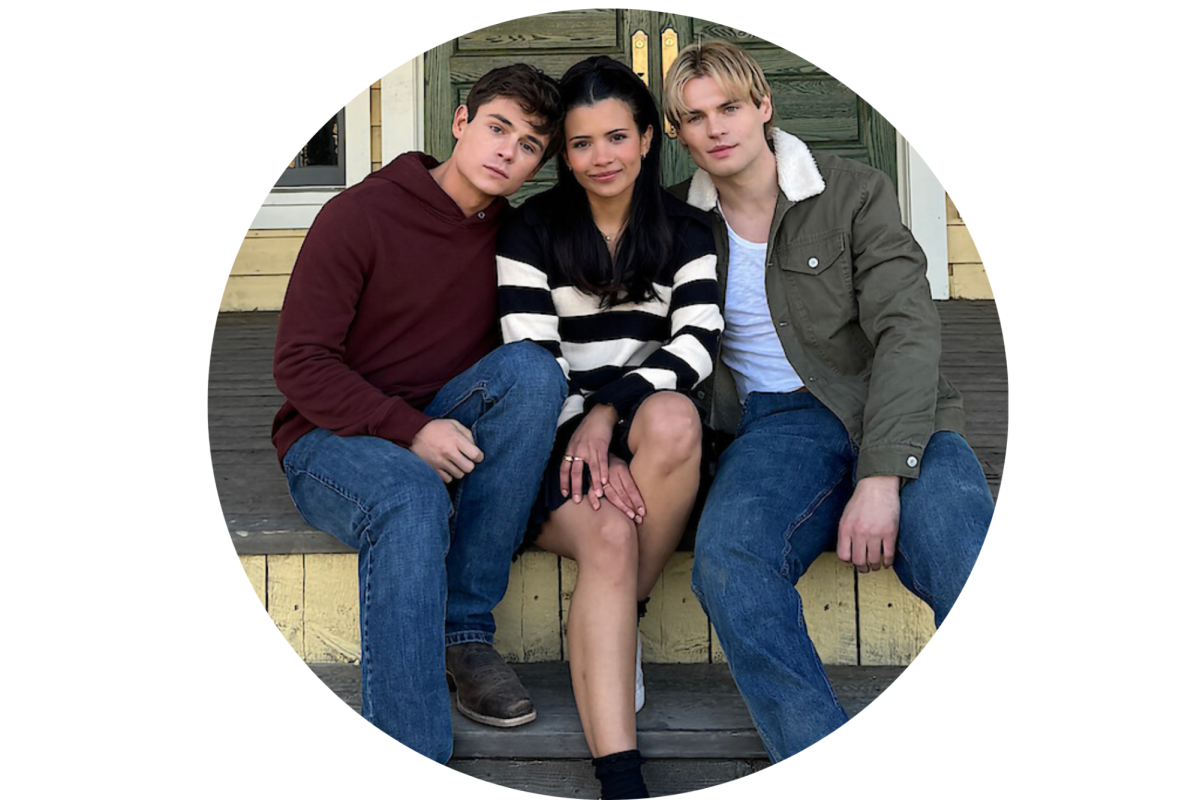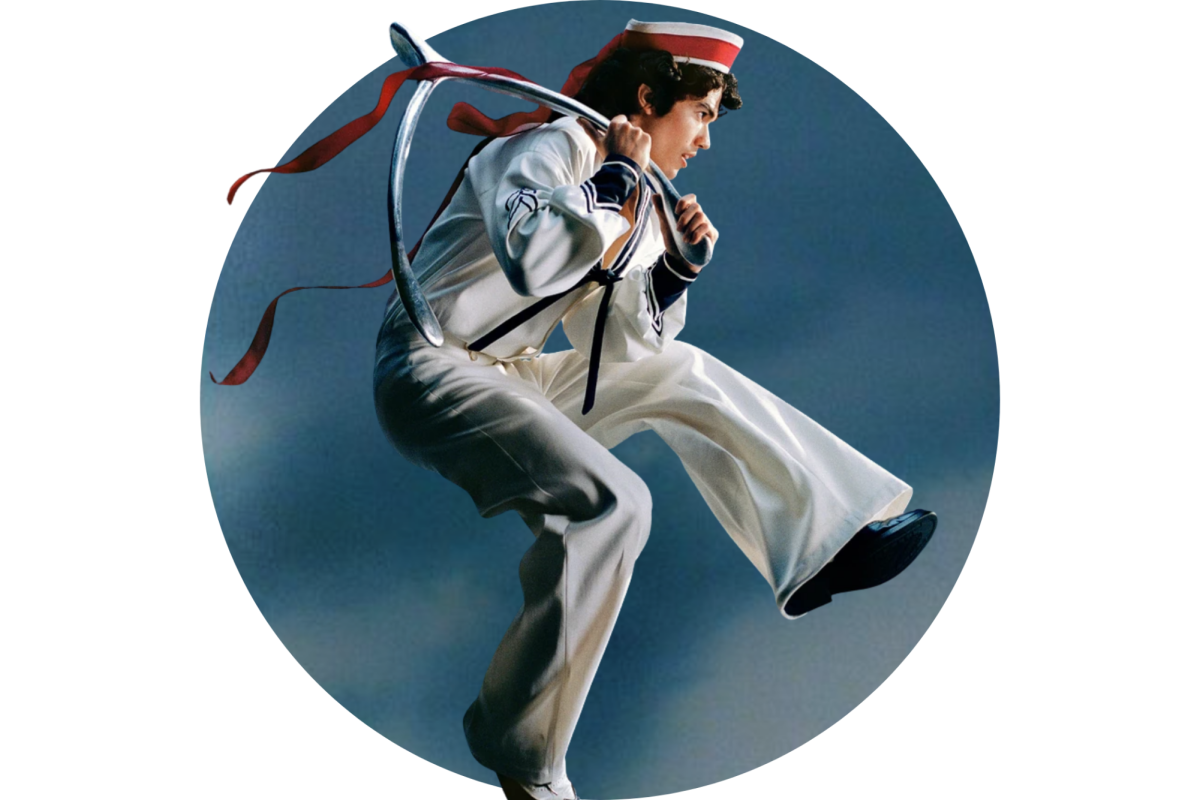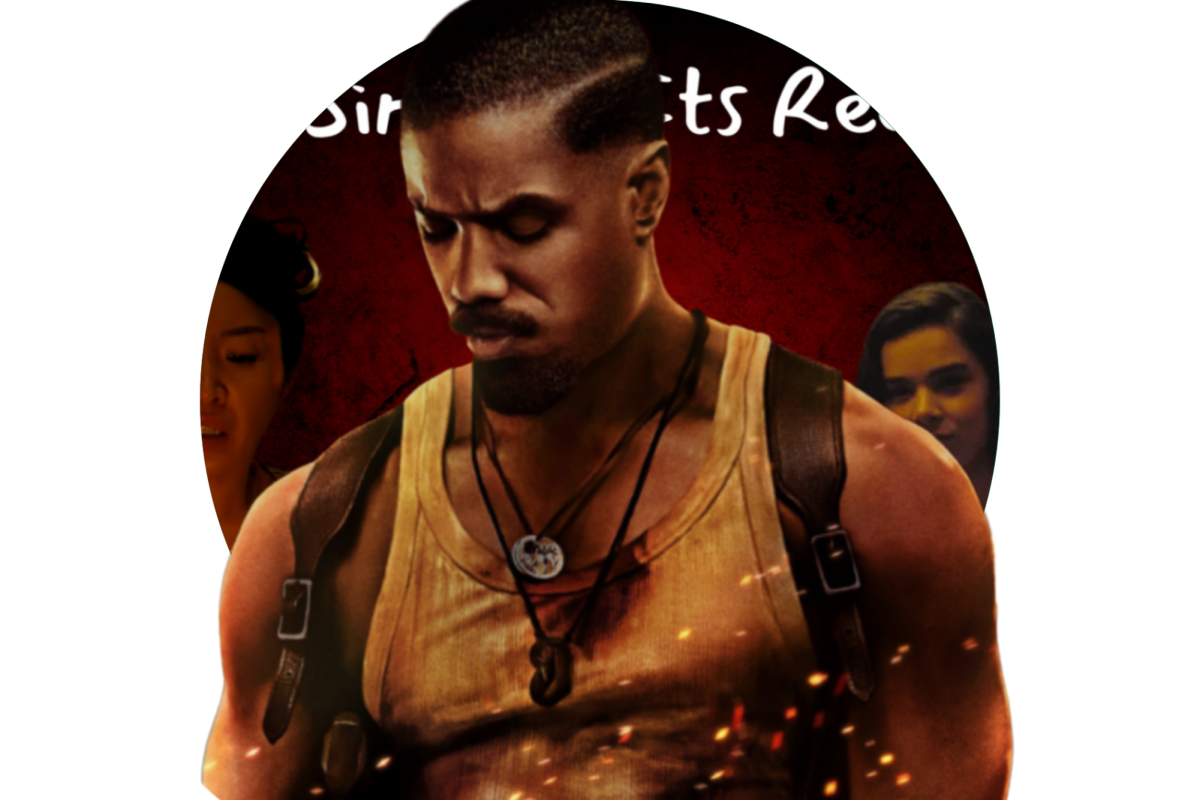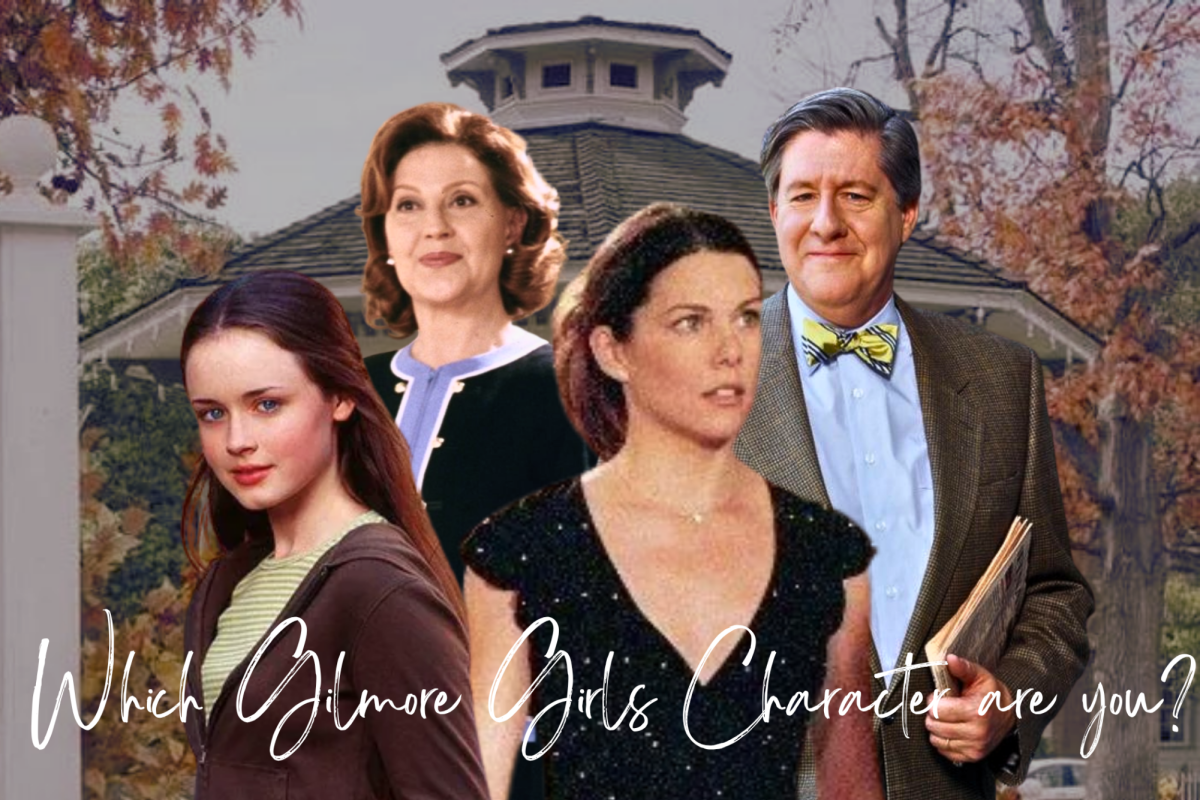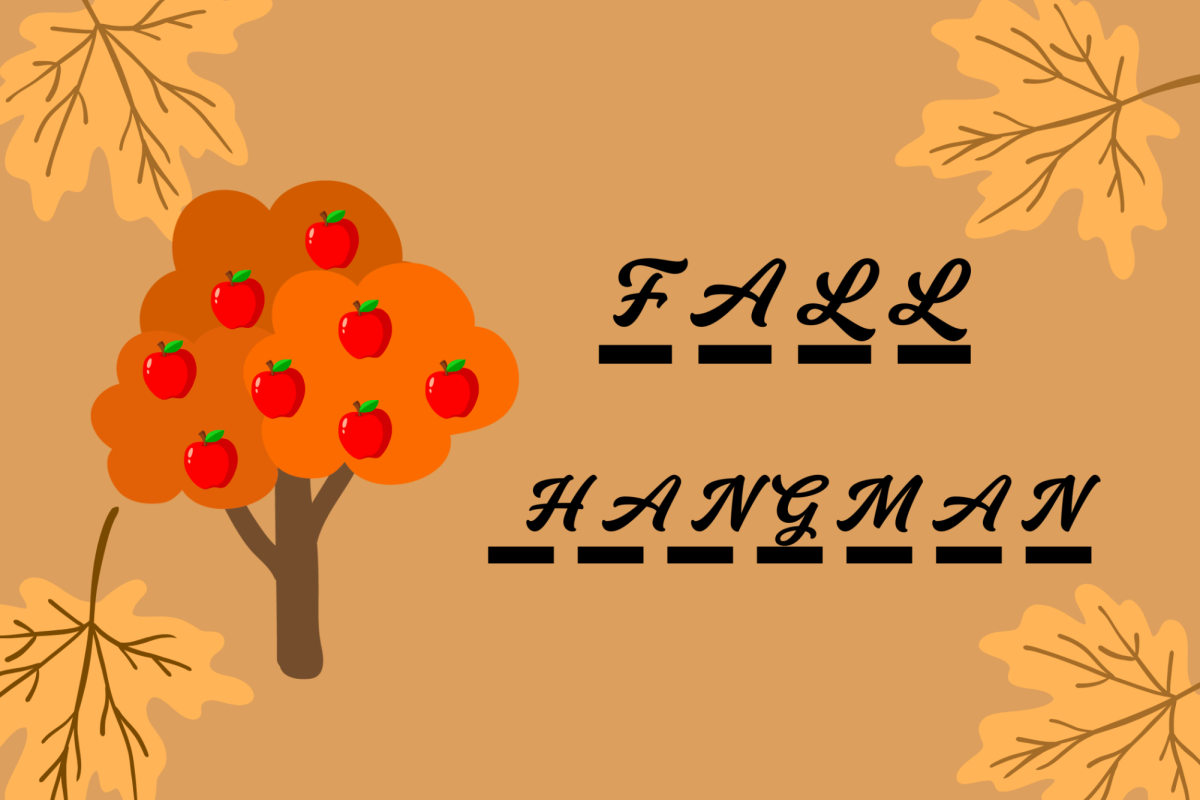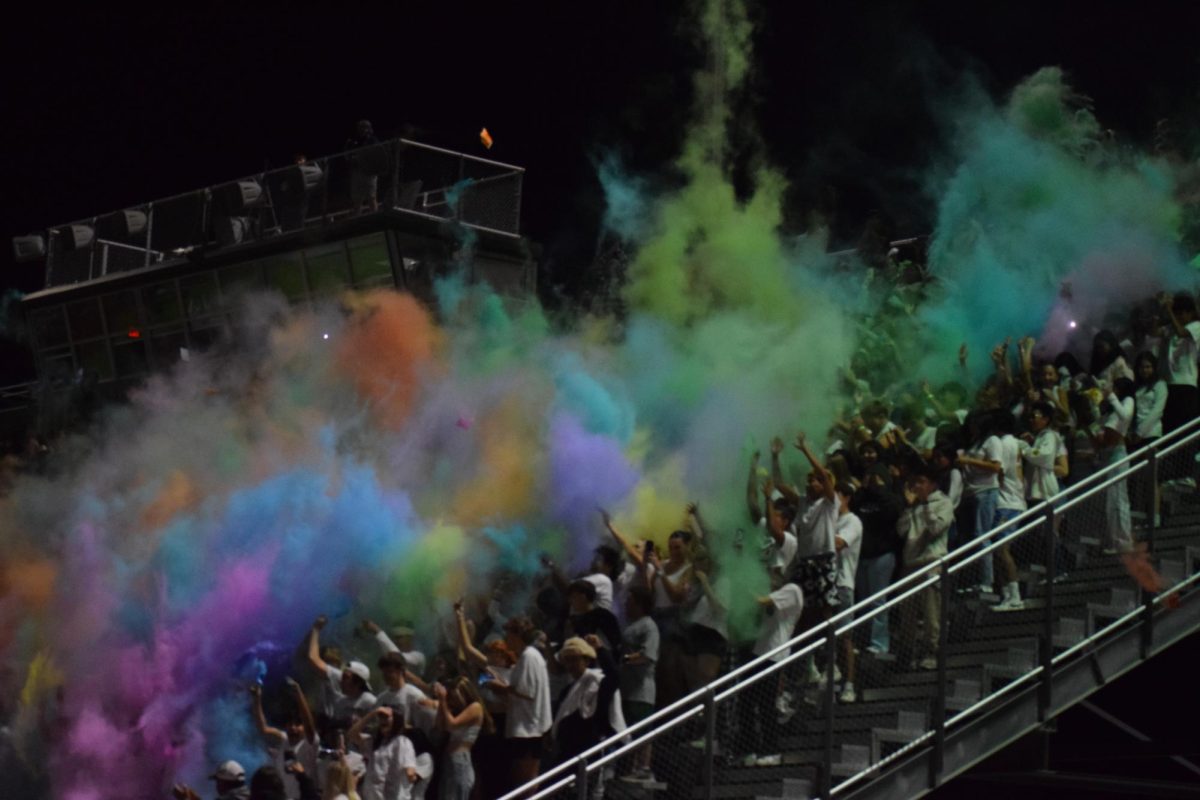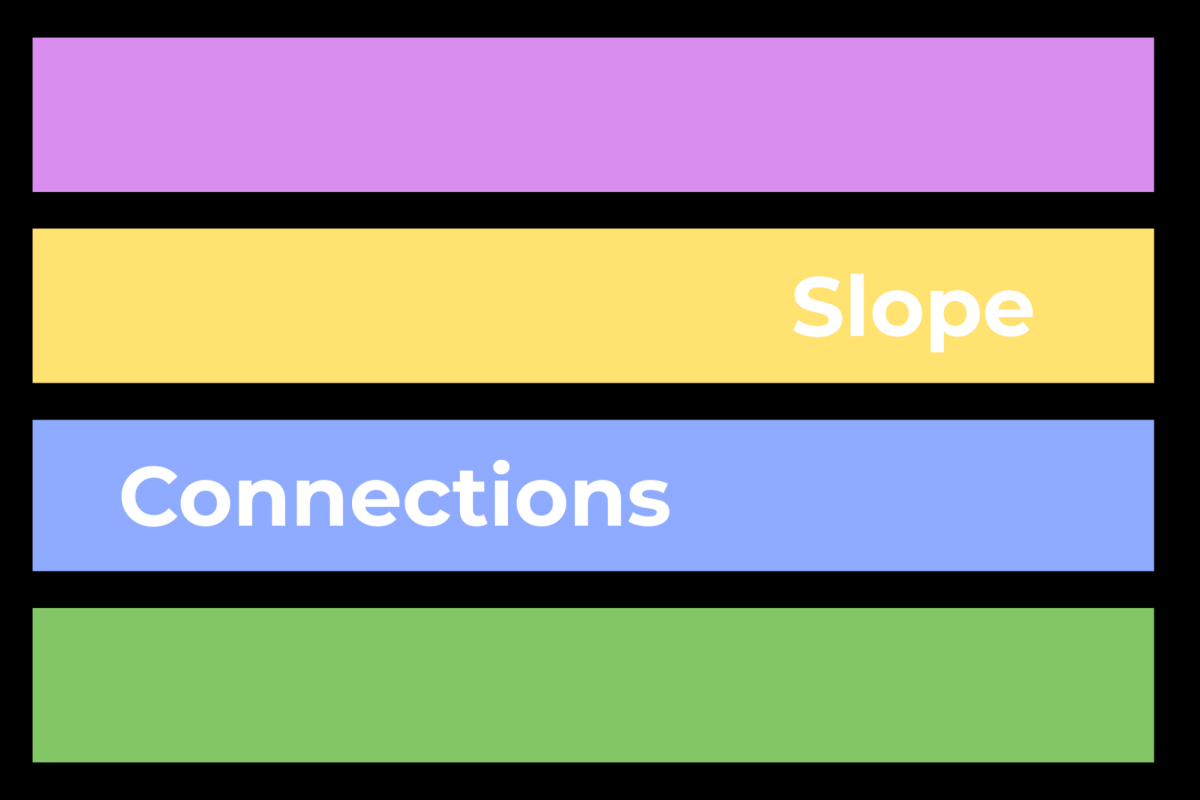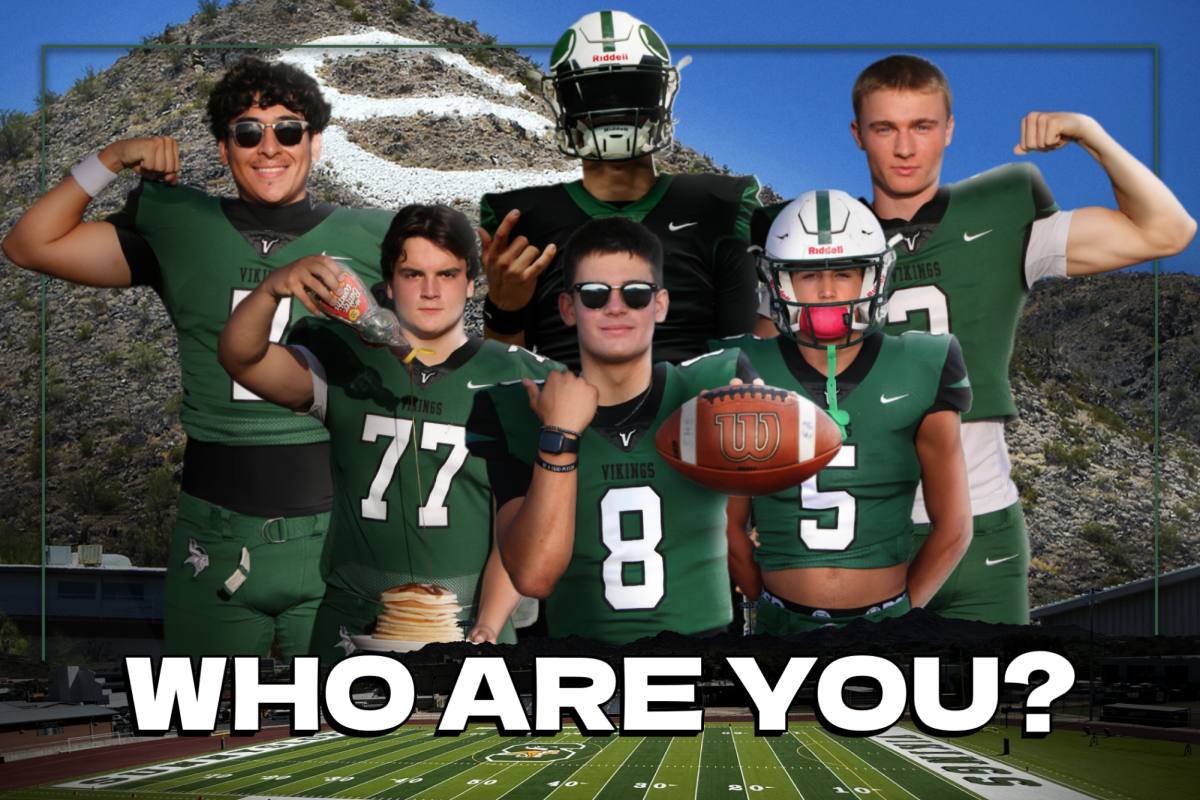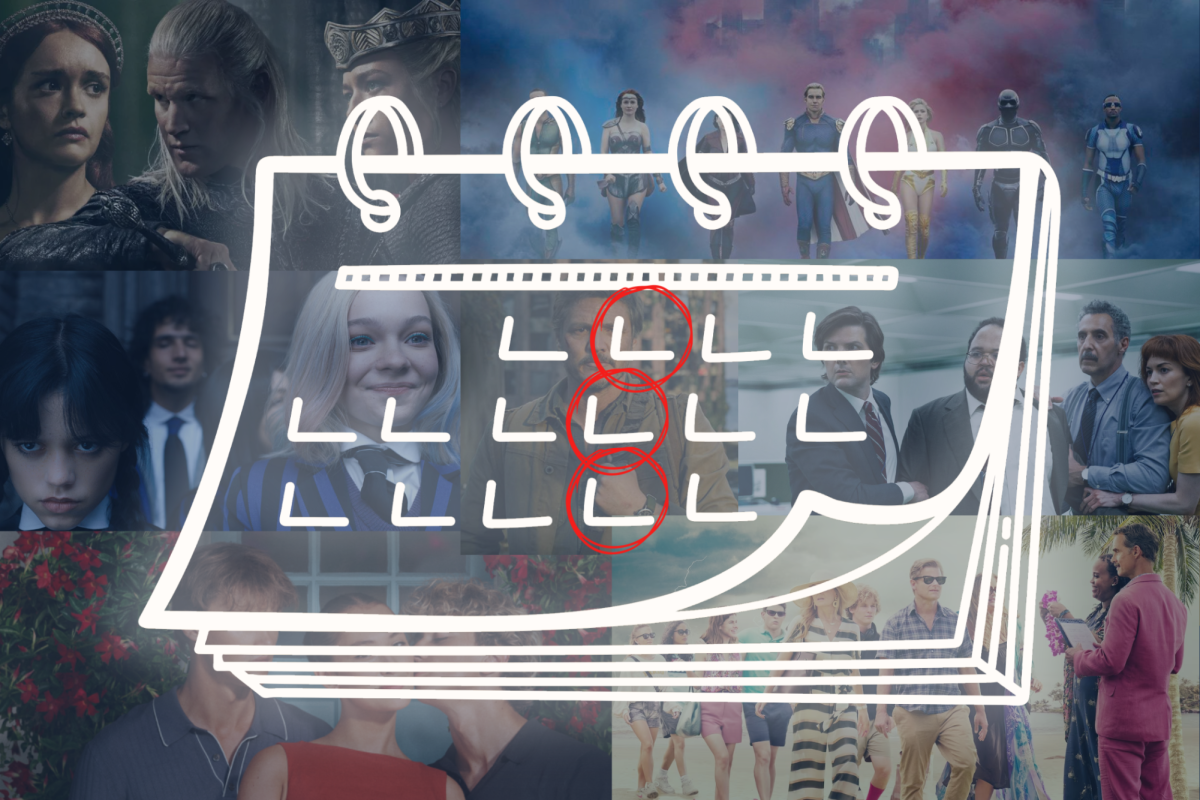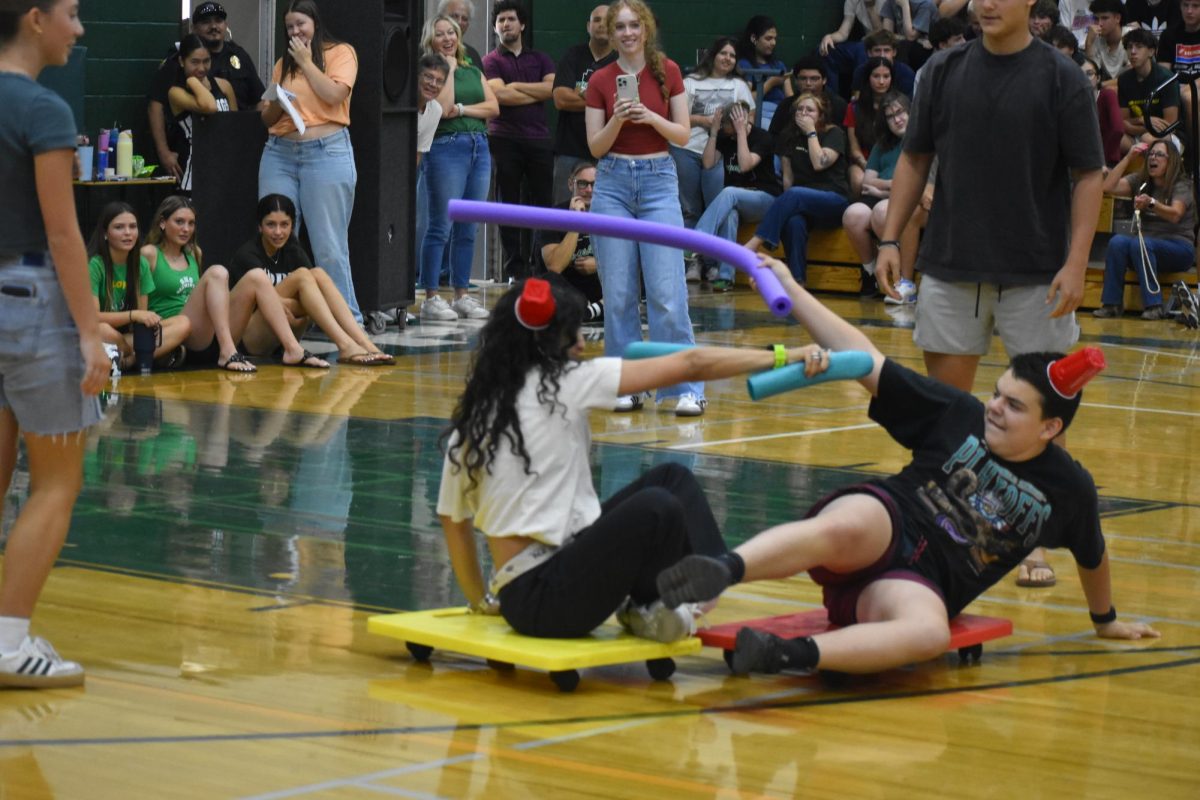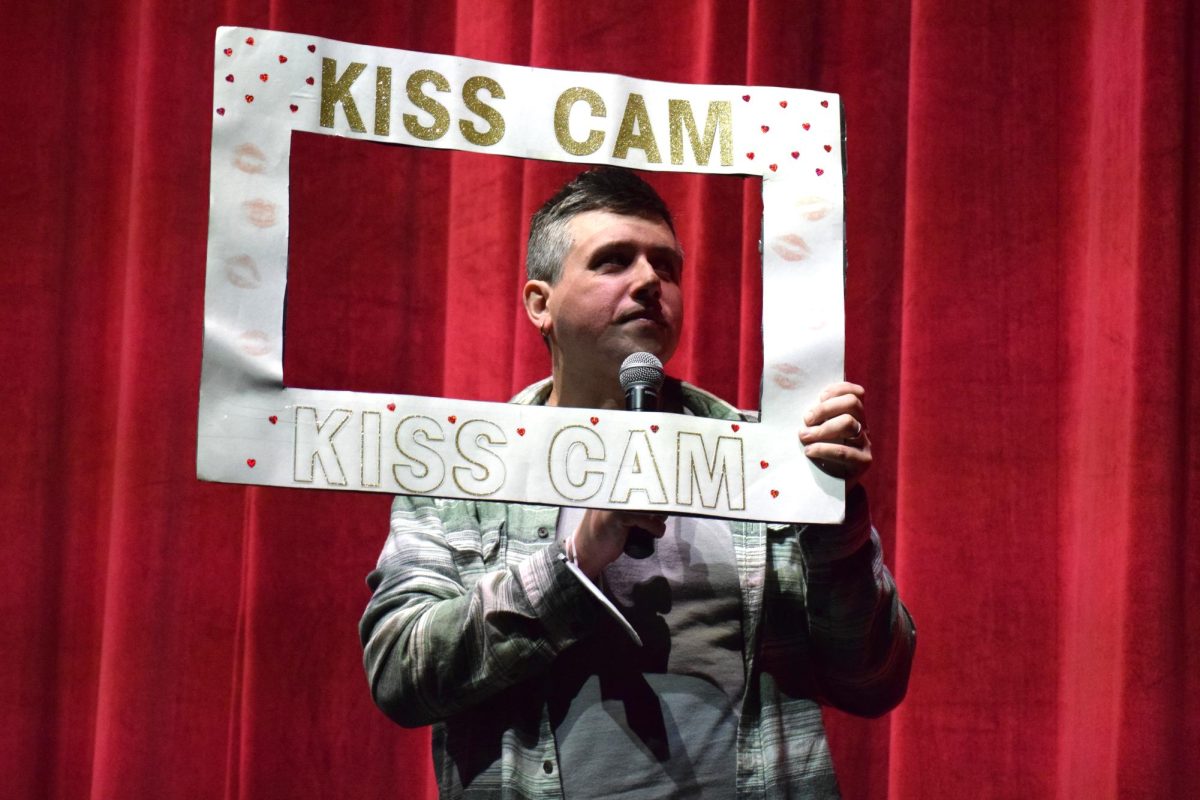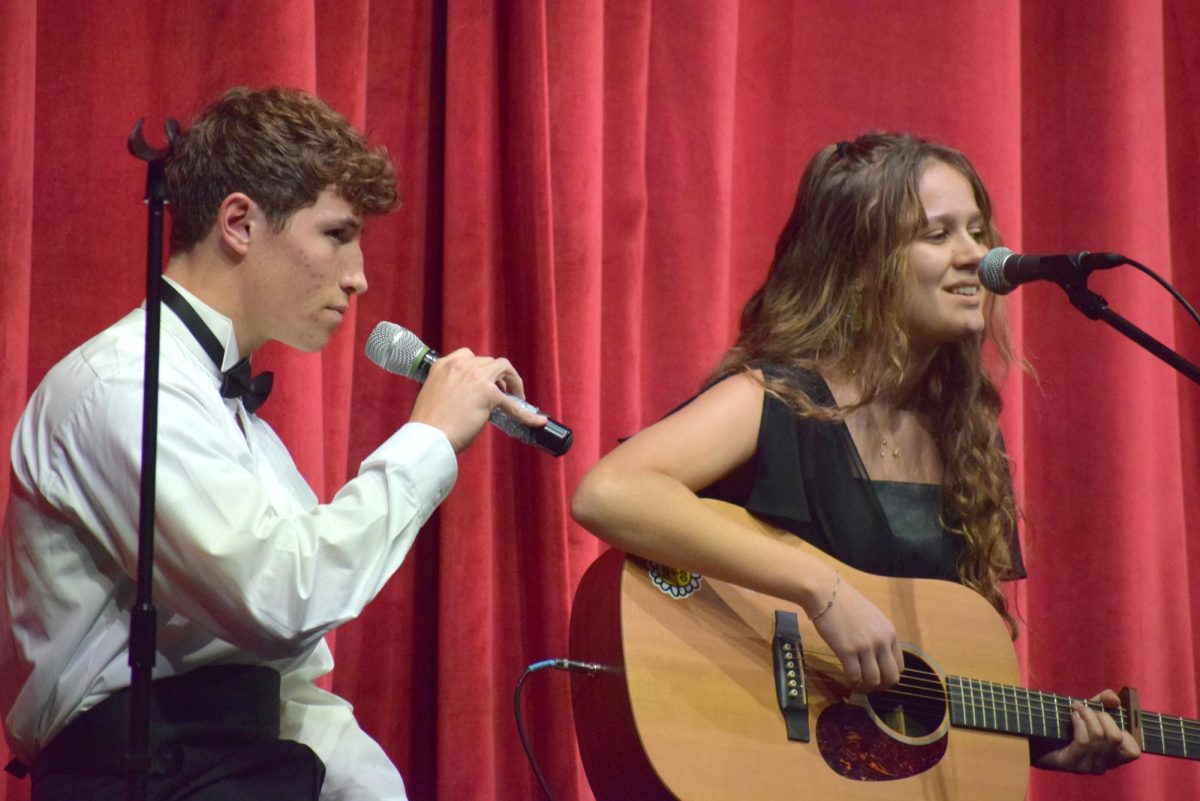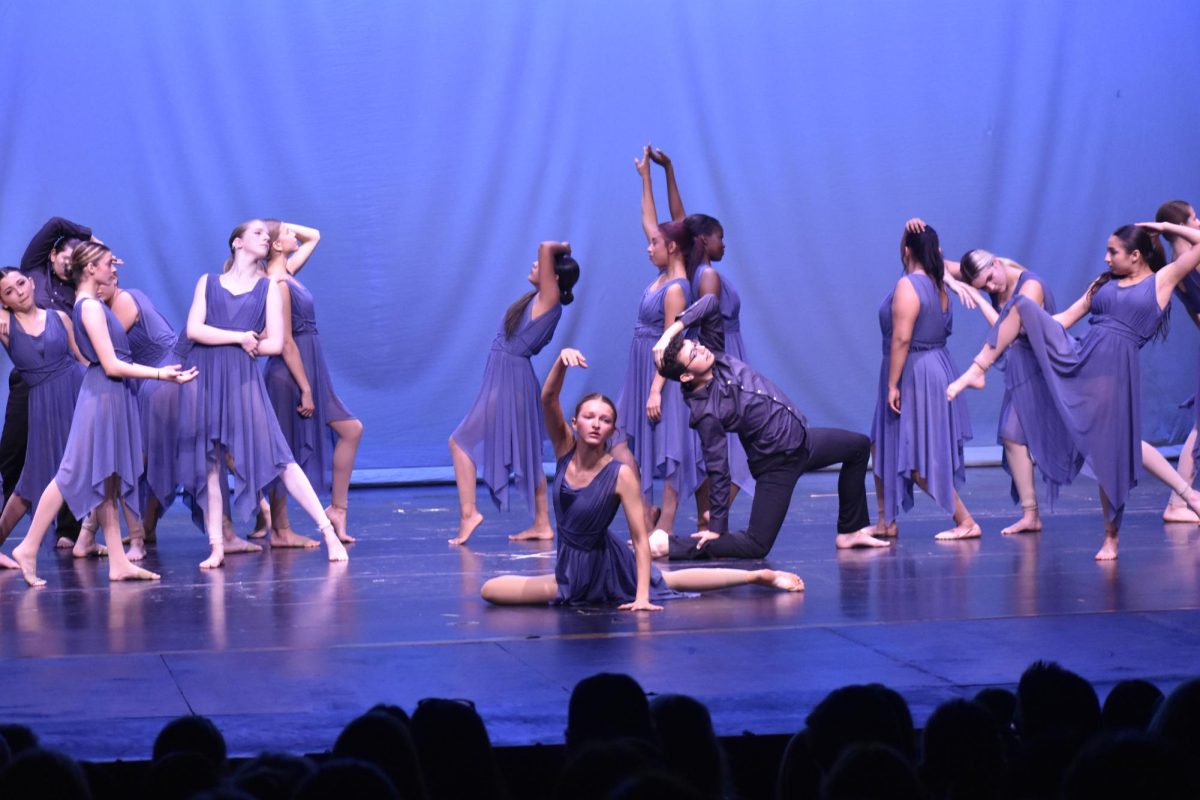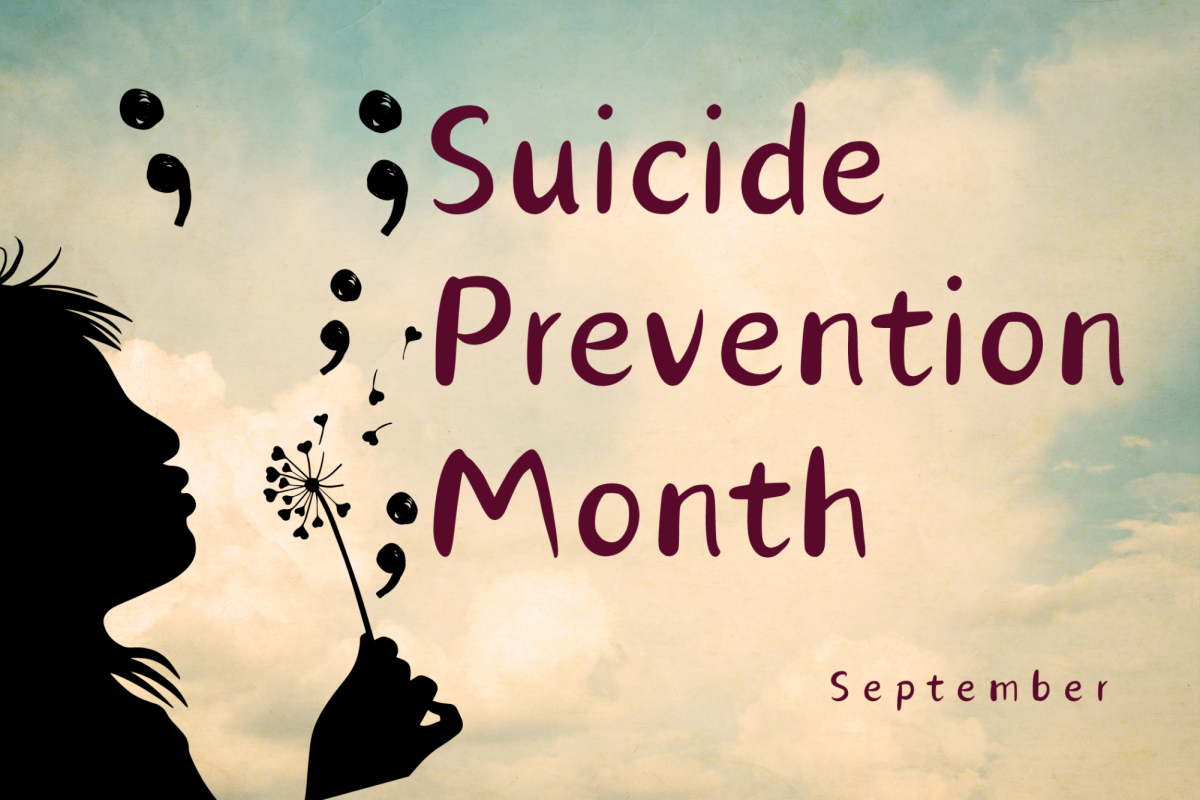More than 10 organizations set up tables during lunchtime on Friday, September 27.
Representatives from Arizona-based teen behavioral health organizations like NOAH, TeenLifeline, and Quail Run were present and ready to uplift students here at Sunnyslope High School.
They handed out business cards and crisis hotline information, as well as expert information about what to do in a crisis– in recognition of Suicide Prevention Month.
The event was arranged and brought to life here on campus by Social Worker Lisa Sanchez.
Sanchez wants to stress to all students that if anyone ever hears a friend or another student saying these things, please let her or another adult know immediately.
She or another adult should be the one to assess the extent of seriousness and assist the student in receiving help.
Sanchez added, “It can be the difference between life and death.”
According to the Arizona Department of Health, over 15 percent of youth have experienced suicidal ideation and more than 7 percent of youth have attempted suicide.
These statistics have been exponentially increasing with each passing year since 2010.
In a response to these distressing numbers, more and more individuals have begun to volunteer at organizations like Arizona’s “TeenLifeline.” where extensively trained teens aged 15-19 years old answer anonymous phone calls and messages from peers in crisis.
If you or someone you know is interested in contributing to the fight against teenage suicide, TeenLifeline may be the perfect place to begin.
As their service is to Arizona teens, so are their participants, of whom are teen volunteers taught emotional regulation skills, empathy, and problem-solving techniques before taking calls.
This allows for volunteer peer counselors to be fully prepared for the most common and intense struggles to be brought up, and how to assist whoever is on the other end of the call.
TeenLifeline’s peer counselor volunteer application can be found on their website, as well as linked at the bottom of this page.
Additionally, there are many resources online and in mental health offices to assist teens in crisis or anyone struggling with emotional regulation.
Oftentimes, in daily life, there are different paths you may take.
While many paths will end up positively, it is possible that one path may lead to harmful extremes while others may lead to self-doubt and loneliness.
Counselors specializing in Dialectical Behavioral Therapy, like Rebecca Tuttle with Banner Health, encourage teenagers to take what is referred to as the “middle path.”
The middle path represents finding balance in one’s life, through doing neutral things like going for a long walk or creating artwork.
Over the minutes spent in these activities, one may find a new feeling of peace from momentarily separating themselves from their heavy emotions.
A list of suggested “re-balancing activities” has been provided at the end of this article.
Anyone can find their middle path, no matter who or where they are.
As for those struggling with suicidal thoughts, there will always be someone willing to listen and help.
There may be genuine pain, hopelessness, or feelings of emptiness- and that may make you feel like there is only one way out.
You may feel alone in your own circumstances, or feel that there is no one else left to help you– but please don’t forget there are more than seven billion humans on the planet.
Globally, there are over 900 million people living with mental illness, and even more just struggling in their everyday lives. You are never alone here on Earth.
It may feel impossible to see past the now, but I promise this is but a season in your lifetime– and it too will pass.
Do not underestimate your future, it is beautiful.
It is worth holding on to.

